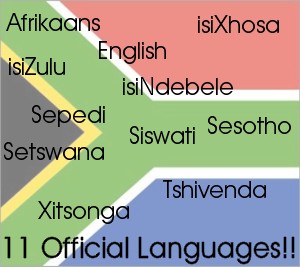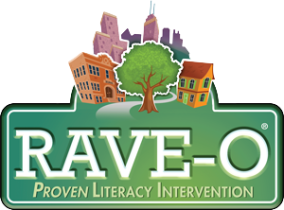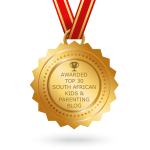The issue of Bilingualism in our multi-cultural, multilingual country is a complex one because often the primary language of the community or school is different from the mother tongue.
Bilingualism (and tri-lingualism) is common place in many European cultures, yet the advice given to many non-English speaking South Africans in the past was often “Don’t confuse your child by speaking two languages.”
One-parent/one-language strategy
This outdated approach dictates that each parent of a child growing up in a mixed-language home adhere strictly to one language whenever speaking to the child. Evidence shows that even willing parents are not very successful in implementing this approach. One of the reasons may be the highly artificial nature of this strategy. It is commonplace for bilingual individuals to switch between languages (code-switch) in various ways which has nothing to do with so called “language confusion.” The strict adherence of a bilingual parent to one language only when speaking with their child is therefore artificial (particularly) when both parents are bilingual.
We now know that this thinking goes against every grain of natural parenting and deprives children of their cultural and linguistic heritage.
The development of language requires exposure and practice.
This allows the child to internalize the grammar structure and rules and eventually produce sentences effortlessly. A number of potential difficulties may arise when parents DO NOT speak to their children in their mother tongue:
- Children receive a broken language model and consequently may not establish the richness of language required for later academic competency. This can in turn, affect how well that child learns a second language. A strong foundation in the home language benefits second language learning
- If parents try to speak a language with which they are not comfortable, it can jeopardize parent-child connection and interaction.
- A child’s links to his home culture can be compromised.
- There may be family members who only speak the home language. If a child loses his ability to speak the home language, relationships with these family members can suffer.
A common problem in our South African culture is that many children are raised by grandparents in rural areas. Once they reach school going age, they move to urban areas and into schools where the very foundation of language (which was formed through the native language) is pulled out from under child in order to promote a new language.
The research shows that children with strong first language skills are more ready and able to learn a second language. In other words, it’s difficult to build a second language if the first language foundation is not established and supported WHILE the second language is being learned.
What we now know
- Fetal hearing is fully developed by the third trimester of pregnancy and the babies “are listening” in on their mothers 24-7.
- Babies of bilingual moms have been shown to recognize both languages from birth.
- Growing up bilingual does not confuse a baby and make learning to speak more difficult, rather it gives them an edge. They may be slower in picking up each language than children who speak just one language, but this is temporary. The greater the language mix, the greater the challenge for the babies and the smaller their initial vocabularies.
- Bilingual children adapt to the situation that they are in. When they interact in monolingual situations (e.g. with a grandmother who doesn’t speak their other language), they will respond monolingually. If they are with other bilinguals, then they may well mix languages.
- Bilingual children do better than monolingual children in certain cognitive tasks. It forces the brain to resolve internal conflict, giving the mind a workout that strengthens its cognitive muscles.
Ana Paula G. Mumy, MS, CCC-SLP, from The Speech Stop has the following advice for bilingual parents of school –age children.
- You can still help with homework, projects, or assignments that are in the community language. You can read the assignment’s text or the given passages in the community language. Just be sure that all of the verbal interaction around that homework or reading activity remains in the native language. In other words, give the instructions in the native language. Give explanations or clarify questions in the native language. Discuss passages and their meaning in the native language.
- Code switching that is, the alternating between two languages, is a normal part of communication in bilingual individuals, and it does not promote or show signs of confusion. It’s perfectly acceptable and appropriate for bilinguals.
- In everyday conversation and family routines, during family outings and celebrations, speak your native language!!! Children need to hear quantity and quality language input in order to have strong language skills and parents are the primary individuals who can provide the language input needed in the native language.
Even if your child has a language delay in the native language, it does NOT mean that parents should stop speaking the home language to the child. What it does mean, is that your child will require extra support with language learning in both languages. Professionals, educators, and parents should be working together so that the native language is flourishing at home.









Recent Comments